We, the Fulani, can say that Jesus came for us.
For the Fulani people of West and Central Africa, life is a rhythm of movement, carrying both physical and spiritual loads. But for Obed*, a Fulani follower of Jesus, the words “Come to me, all you who are weary and heavy-laden” speak directly to their experience. In their journeying, he sees a reflection of the gospel — and a reminder that Jesus came for the Fulani too.
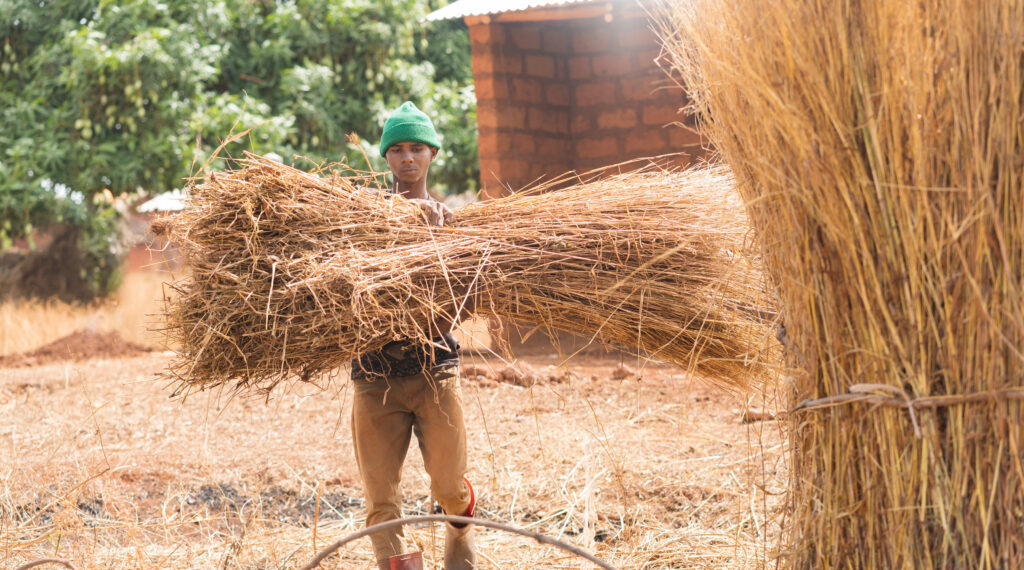
By Tohru Inoue
Obed* knows that God came for the Fulani people. He knows it in his bones.
There are around 45 million Fulani people living in more than 20 countries in West and Central Africa. They are pastoralist nomads who move from place to place with their belongings and livestock.
Obed says, “We know Jesus came for us because we know our culture.”
The nomadic life is not aimless wandering. It is precise and purposeful, just as for those who live in one place the key gardening tasks change from season to season. It is not romantic travelling either; just as investors in stocks and shares move their money around in search of better returns, so too do the Fulani have good reason to move their livestock.
Jesus came for the Fulani. The word that Jesus left us makes it irrefutable, and the lightened burden makes it undeniable.
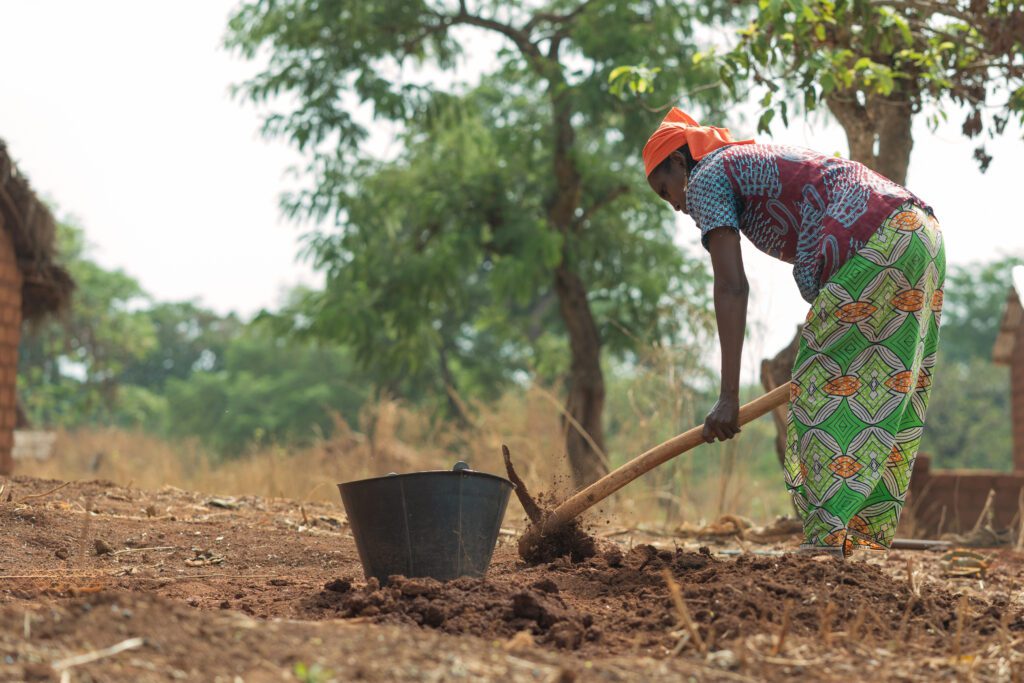
But, for all its purposefulness and beauty, the Fulani way of life also has its challenges. Their nomadic life means they understand the regular cycle of being weighed down by heavy loads – packing and unpacking, carrying and ferrying. This is an unavoidable reality of their way of life.
So, when Jesus says, “Come to me all you who are weary and heavy-laden,”1 Obed sees this as a message tailored for his people. The experience of the nomadic life gives context to the verse that makes it come alive for the Fulani.
“We know he came for us because we carried many things on us, physically!” says Obed.
Men carry charms on their bodies. They move around with machetes, knives and clubs wherever they go. They carry these things everywhere they go. He knows they are heavy-laden and that their animals are likewise heavy-laden during their moves.
Obed says, “Jesus talked of the burden of sin, but we, the Fulani, carry a double burden. One of sin in addition to the physical burdens.”
Jesus’s invitation to lay it all down is an image that resonates strongly with Obed as a Fulani man. He knows the weight of sin can be permanently relieved; that any Fulani can take it off and lay it down at Jesus’ feet.
“What Jesus has brought us doesn’t weigh anything,” he says.
Jesus came for the Fulani. The word that Jesus left us makes it irrefutable, and the lightened burden makes it undeniable.
* Name changed.
Please pray
- That the message of the Saviour who takes all our burdens, reaches down deep in Fulani hearts
- That the Fulani would come to understand the message of salvation Jesus offers and that he can carry their burdens
- For those who are bringing the gospel to the Fulani, that they would persevere and bear fruit
You might also like

A young Muslim boy in a remote village encounters the love of Jesus through a Christian school. As trust grows, Abdu discovers the truth of the gospel, bra...

After stepping into mission work at 26, Jang Doo‑Sik discovered that calling rarely comes with certainty. Today, as only 2% of Generation Z are reached w...

For mission workers, a prayer letter is a way of inviting others into the story God is writing. SIM mission worker Mark Azzopardi reflects on how to write ...

In the glittering cities of the Arabian peninsula, one worker’s encounters with migrant lifeguards become a vivid reminder of the urgent call for Christi...
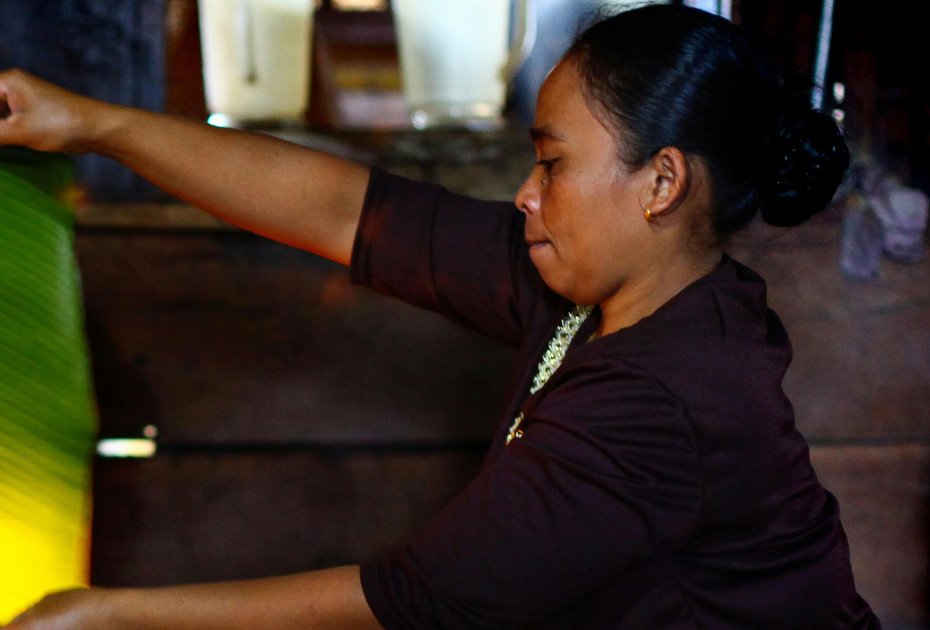
In West Timor, where poverty and limited opportunities leave families vulnerable to exploitation, anti-trafficking work is focused on walking alongside com...
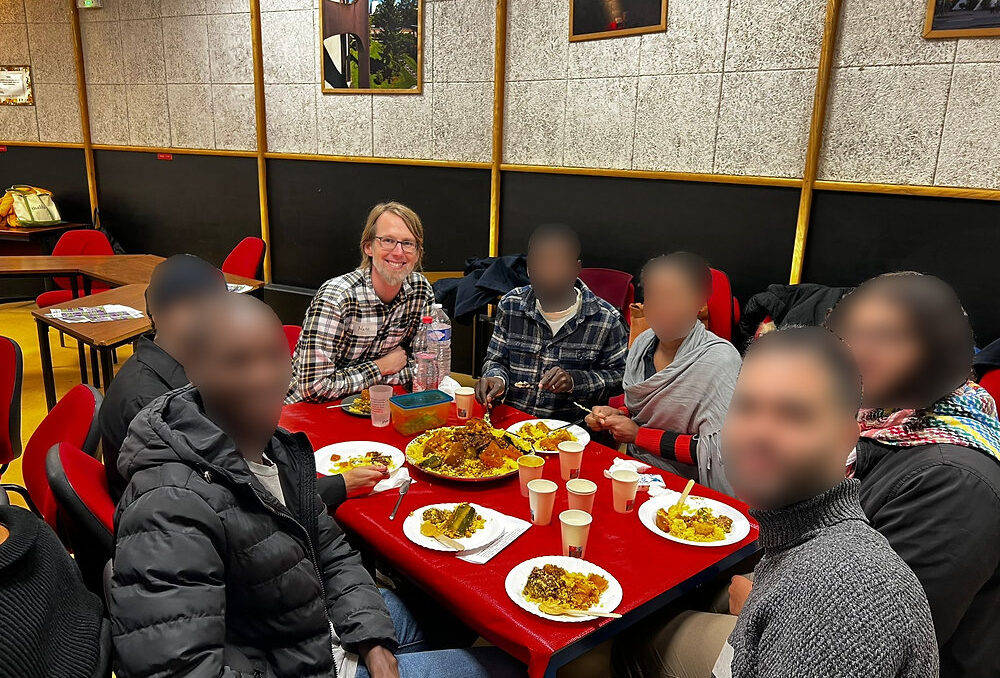
As Ramadan approaches, mission worker Nate based in Strasbourg reflects on why respectful interfaith dialogue matters — and how genuine friendship, peace...
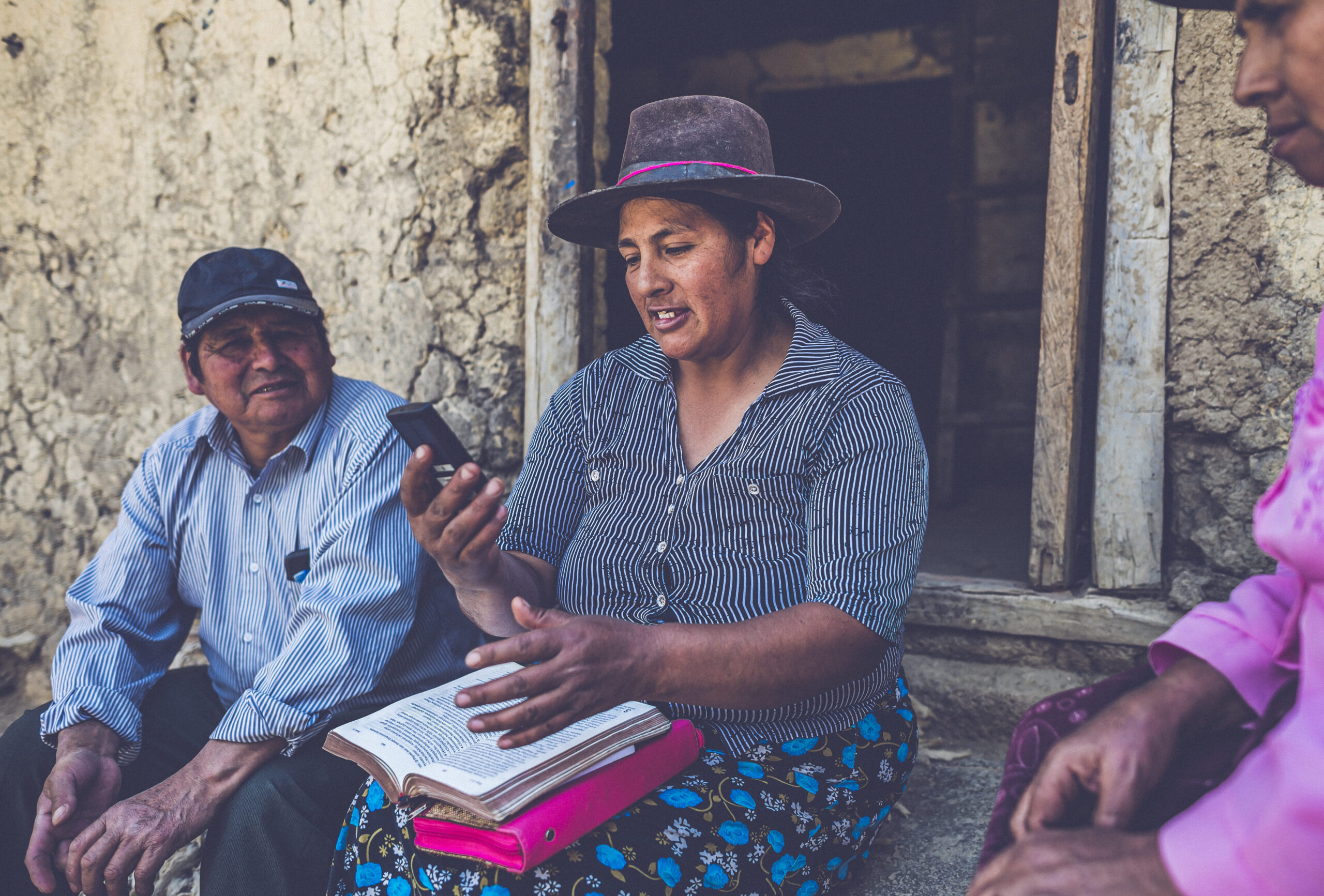
In 2026, we renew our call to stay connected: to Christ, to one another, and to the communities where the gospel is least known. Join us in prayer as we pu...

When León and Mari arrived in the spiritually resistant town, they faced hostility and isolation. But through patient presence, genuine relationships, and...

In Radcliffe, UK, children without father figures find hope through Sports Friends coaches. They are finding mentorship, love and learning about the faithf...
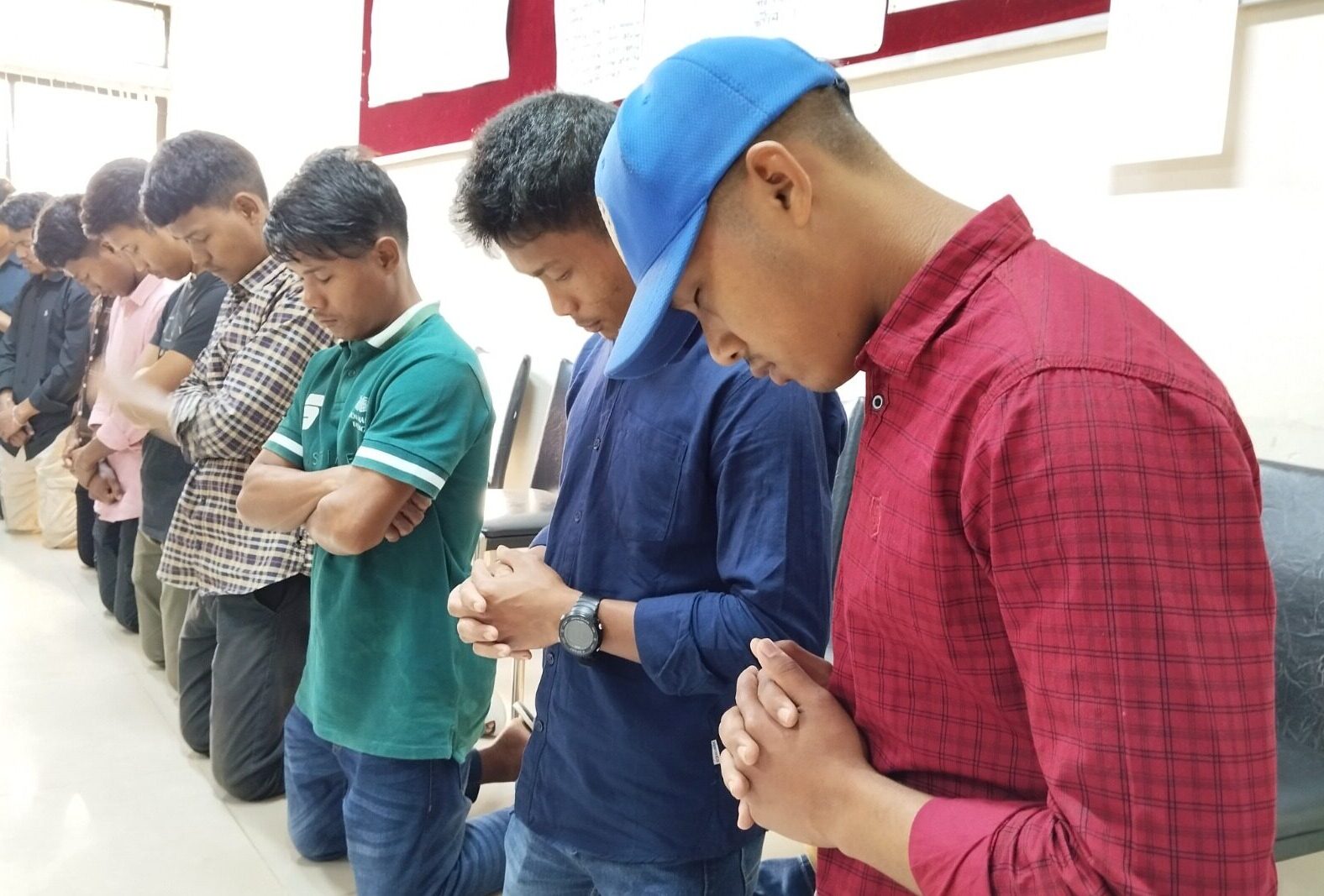
For many around the world, Christmas Day passes quietly unnoticed and uncelebrated. Faithful Witness asked what December 25th looks like in communities whe...

Raised Muslim in South Asia, Joel* longed to know who God truly was. Through SIM programmes, Christ brought light, joy and deep faith into his life.
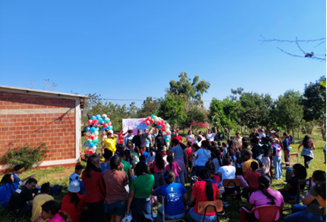
How do you hold on to God’s word when you can’t hold it in your hands?
